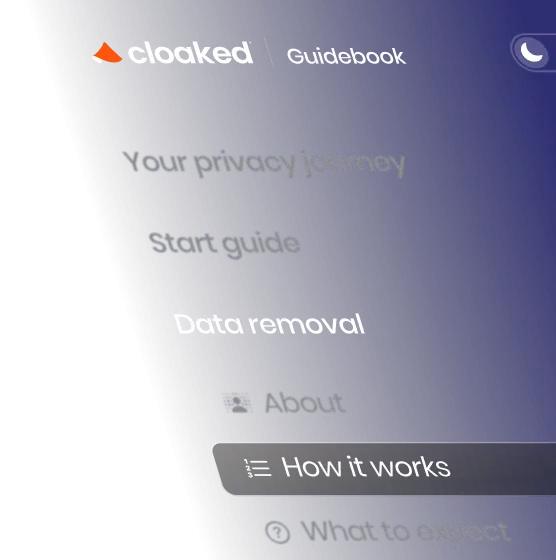The U.S. Department of Justice (DOJ) has announced that five individuals have pleaded guilty for their roles in enabling North Korean IT operatives to infiltrate American companies, steal data, and generate revenue for the DPRK regime. The case ties into a broader effort to seize over $15 million in stolen cryptocurrency linked to APT38, the notorious Lazarus Group–aligned hacking unit.
Below is a clear, streamlined breakdown of what information was compromised, what risks affected companies should consider, and the steps organizations should take next.
1. What Datapoints Were Leaked?
While this case is not a traditional consumer data breach, the actions of the convicted individuals exposed U.S. companies to significant security risks by enabling North Korean operatives to work inside corporate environments under false identities.
Here’s what was effectively compromised:
Stolen or Misused Personal Identities
The facilitators used:
- Stolen identities belonging to 18 U.S. citizens
These identities were used to secure remote IT positions at American companies.
Sensitive Corporate Information
By infiltrating 136 companies across the United States, North Korean workers gained access to:
- Proprietary business data
- Privileged access used for data theft in certain cases
Stolen Crypto Assets
The DOJ is seeking forfeiture of $15M in cryptocurrency tied to APT38’s earlier cyber-heists, part of a larger $382 million stolen from exchanges in Panama, Estonia, and Seychelles.
Financial Losses
The scheme generated:
- $2.2M in salary revenue funneled directly to North Korea
- Over $2.2M in damages to U.S. employers
The guilty individuals profited by selling identities, placing DPRK workers, or taking cuts of fraudulent earnings.
2. Should You Be Worried?
If your company unknowingly hired one of these infiltrators, yes — there are real concerns to take seriously.
Insider Threat Risks
North Korean IT workers gained authentic access to U.S. corporate systems. This creates risks such as:
- Unauthorized access to sensitive or proprietary data
- Stealthy data exfiltration
- Long-term backdoor placement
- Exposure of intellectual property
Identity Theft Exposure
If an employee’s identity was stolen and used in these schemes:
- Their personal information may have been sold or reused
- They could face long-term fraud risks
- Their identity could be tied to illicit activities
Regulatory and Compliance Risks
Companies employing infiltrators may have unknowingly:
- Failed compliance requirements (SOX, HIPAA, PCI, etc.)
Broader Cybersecurity Implications
The involvement of APT38/Lazarus Group, responsible for some of the world’s largest crypto thefts, raises concerns that access gained via legitimate employment could also support:
- Ransomware supply-chain attacks
In short:
Organizations affected should treat this as an insider breach event with long-term security implications.
3. What Should Be Your Next Steps?
If you believe your company may have hired a worker whose identity was fraudulent or tied to this scheme, take the following actions immediately:
1. Conduct Internal Access Audits
Review access logs for any suspicious activity:
- Unusual login times or locations
- Data downloads or transfers
- Access to systems beyond job scope
- Use of remote tools or admin privileges
Immediately revoke access for any flagged accounts.
2. Perform a Company-Wide Identity Verification Check
Revalidate:
- Identities of all remote contractors
- Tax and payroll identities
Look for mismatched SSNs, temporary emails, or reused addresses.
3. Notify Employees Whose Identities Were Misused
If an employee’s identity was stolen:
- Recommend credit monitoring
- Advise them to check IRS, banking, and employment records
Identity theft tied to DPRK operations can lead to long-term complications.
4. Strengthen Your Cybersecurity Protocols
Implement or reinforce:
- Zero-trust access controls
- Device verification for remote workers
Remote IT roles should have stricter identity enforcement.
5. Review Sanctions Compliance
Ensure your hiring, contracting, and payment processes:
- Screen for sanctioned individuals
- Use verified HRIS/identity systems
- Block high-risk geographies
Given the DPRK involvement, compliance reviews are essential.
6. Stay Alert for Follow-Up Threats
North Korean groups often use infiltrated access to support:
Monitor internal systems for months following the exposure.
Cloaked FAQs Accordion
Frequently Asked Questions
First, change your passwords—especially if you've reused them across sites. Then enable two-factor authentication (2FA) on all key accounts. Review your account and credit activity regularly for any unusual behavior. If suspicious actions surface, consider freezing your credit and alerting your bank. To proactively reduce exposure in the future, tools like Cloaked can mask your personal information before breaches happen.
Cloaked provides you with disposable emails, phone numbers, and payment details, making it harder for bad actors to access your real identity. These tools help you safely sign up for services, communicate, and shop online without putting your core identity at risk.
Commonly targeted data includes full names, email addresses, phone numbers, birthdates, physical addresses, login credentials, and payment info. Tools like Cloaked help shield this information by providing secure, masked alternatives.
Always be skeptical. Malicious links are one of the most common ways hackers infect devices or steal data. Avoid clicking unless you can verify the source. Services like Cloaked can add layers of security so your real contact info isn’t exposed even if you make a mistake.
Using the same contact info across platforms makes it easy for attackers to build a full profile of you. If one platform gets breached, all your accounts can be at risk. That’s why Cloaked allows you to use different, secure contact methods for each service.


















